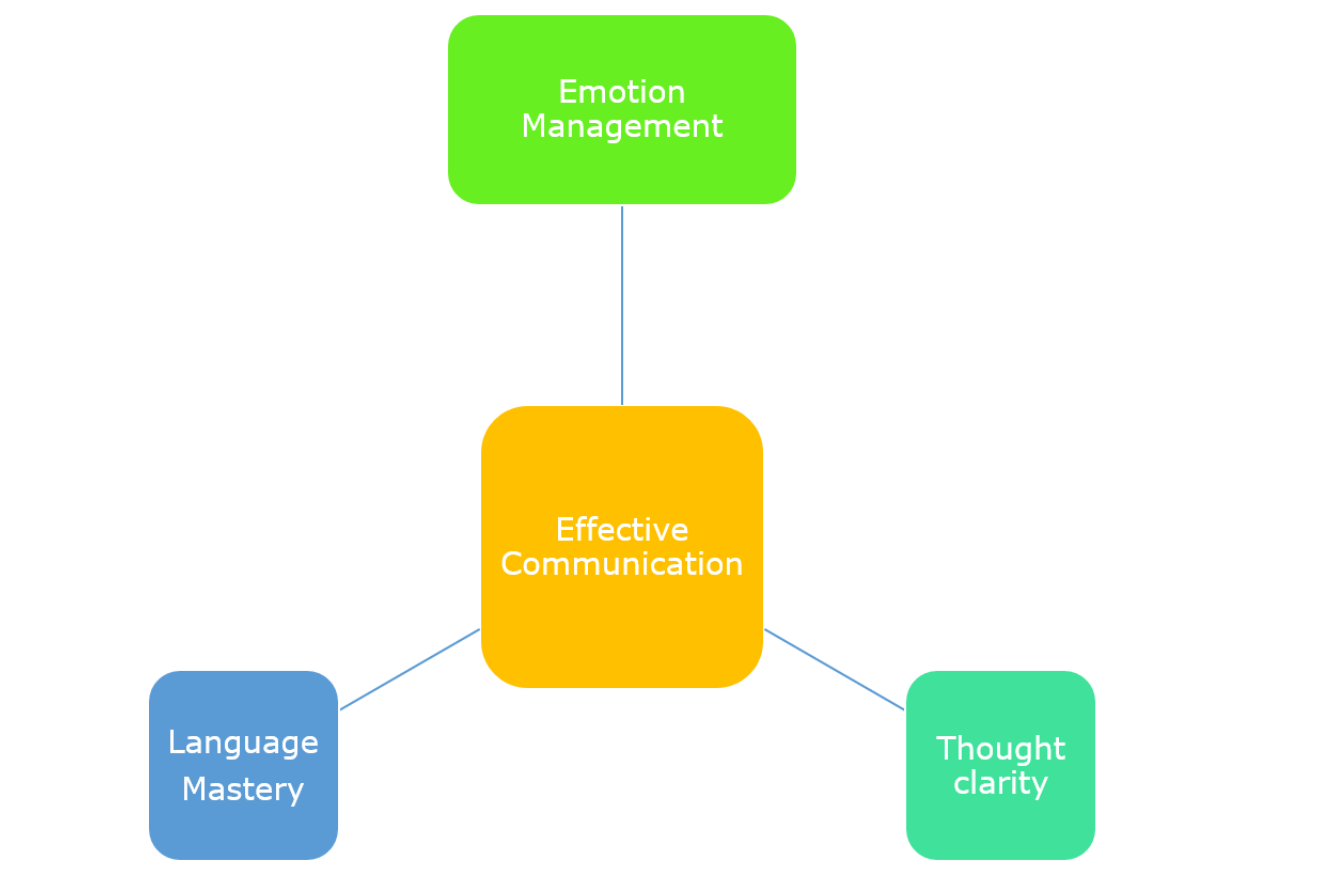Improving Communication in the workplace
Displaying Respect
As discussed last week, preparing others for listening is the first step towards effective communication, and one of the processes is " displaying respect to others".
How you can display respect to others?:
There are many ways you can show respect to another person; one of the powerful methods is “ Make another person feel good in your presence” through your gestures.
How you are treating another person will make him feel good about himself, and his listening ability improves when you interact with him.
My experience on the other person’s gesture and my self-esteem as happened some years back.
My colleague and I went to our HR manager to discuss some people-related issues. Before the meeting, we checked his availability. When we enter his room, he was busy on his laptop, and he did not ask us to sit. Despite that we sat for more than 10 minutes, he did not have the courtesy to ask us to wait by stating his urgent work. In between his typing, he instructed something to us regarding the people issues, and we were not in a position to listen, and after a while, we left. In this entire process, he never looked at us, and we felt bad about it.
As we understood his urgency, we expected that he could have requested us to wait for a few minutes, and once he finished the task in the laptop, he could have closed his laptop and had given undivided attention. Those small gestures might have made us feel good.
It is natural to neglect others due to urgent work, but it does not matter for the other person. It is essential how another person is feeling in your presence. It looks like common sense and soft aspect, but that makes much difference in other people’s mind. If you do not make another person “feeling good,” you are not preparing him/her ready for your subsequent communication.
If you are rude, always reacting and unappreciative, then people may not feel self-esteemed in your presence. When people are not feeling good enough in your presence, their listening ability also reduces.
Hence, first, make other person feeling good with you by giving respect through your gestures.
Just be aware of your gestures as we need to evolve as a good human being.
Other aspects of effective communication let us discuss next week!
How you can display respect to others?:
There are many ways you can show respect to another person; one of the powerful methods is “ Make another person feel good in your presence” through your gestures.
How you are treating another person will make him feel good about himself, and his listening ability improves when you interact with him.
My experience on the other person’s gesture and my self-esteem as happened some years back.
My colleague and I went to our HR manager to discuss some people-related issues. Before the meeting, we checked his availability. When we enter his room, he was busy on his laptop, and he did not ask us to sit. Despite that we sat for more than 10 minutes, he did not have the courtesy to ask us to wait by stating his urgent work. In between his typing, he instructed something to us regarding the people issues, and we were not in a position to listen, and after a while, we left. In this entire process, he never looked at us, and we felt bad about it.
As we understood his urgency, we expected that he could have requested us to wait for a few minutes, and once he finished the task in the laptop, he could have closed his laptop and had given undivided attention. Those small gestures might have made us feel good.
It is natural to neglect others due to urgent work, but it does not matter for the other person. It is essential how another person is feeling in your presence. It looks like common sense and soft aspect, but that makes much difference in other people’s mind. If you do not make another person “feeling good,” you are not preparing him/her ready for your subsequent communication.
If you are rude, always reacting and unappreciative, then people may not feel self-esteemed in your presence. When people are not feeling good enough in your presence, their listening ability also reduces.
Hence, first, make other person feeling good with you by giving respect through your gestures.
Just be aware of your gestures as we need to evolve as a good human being.
Other aspects of effective communication let us discuss next week!









